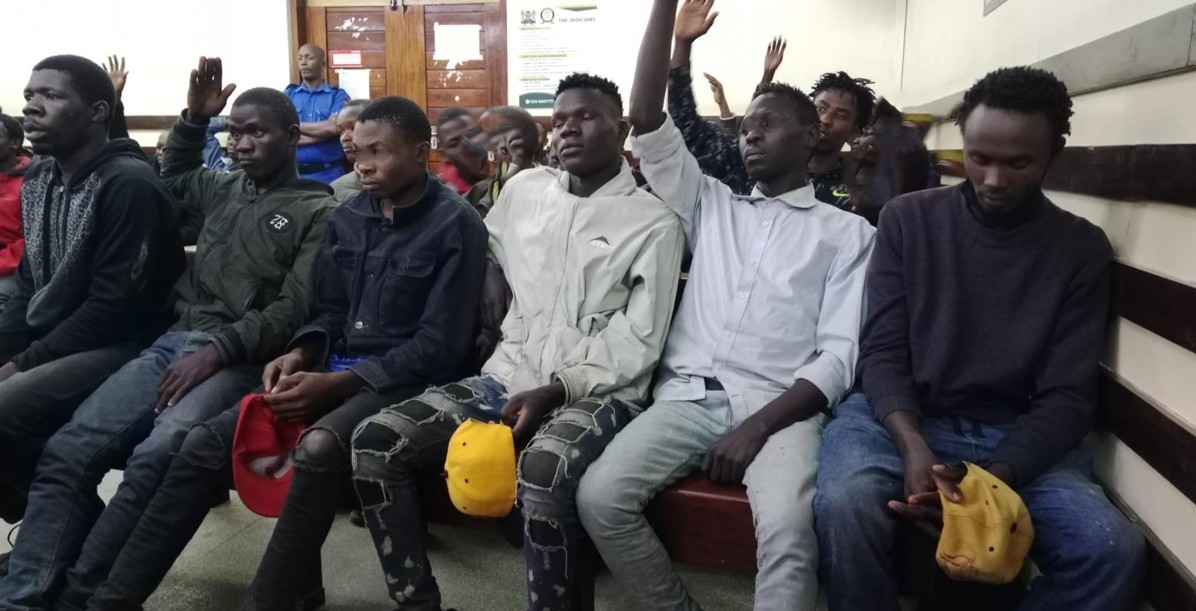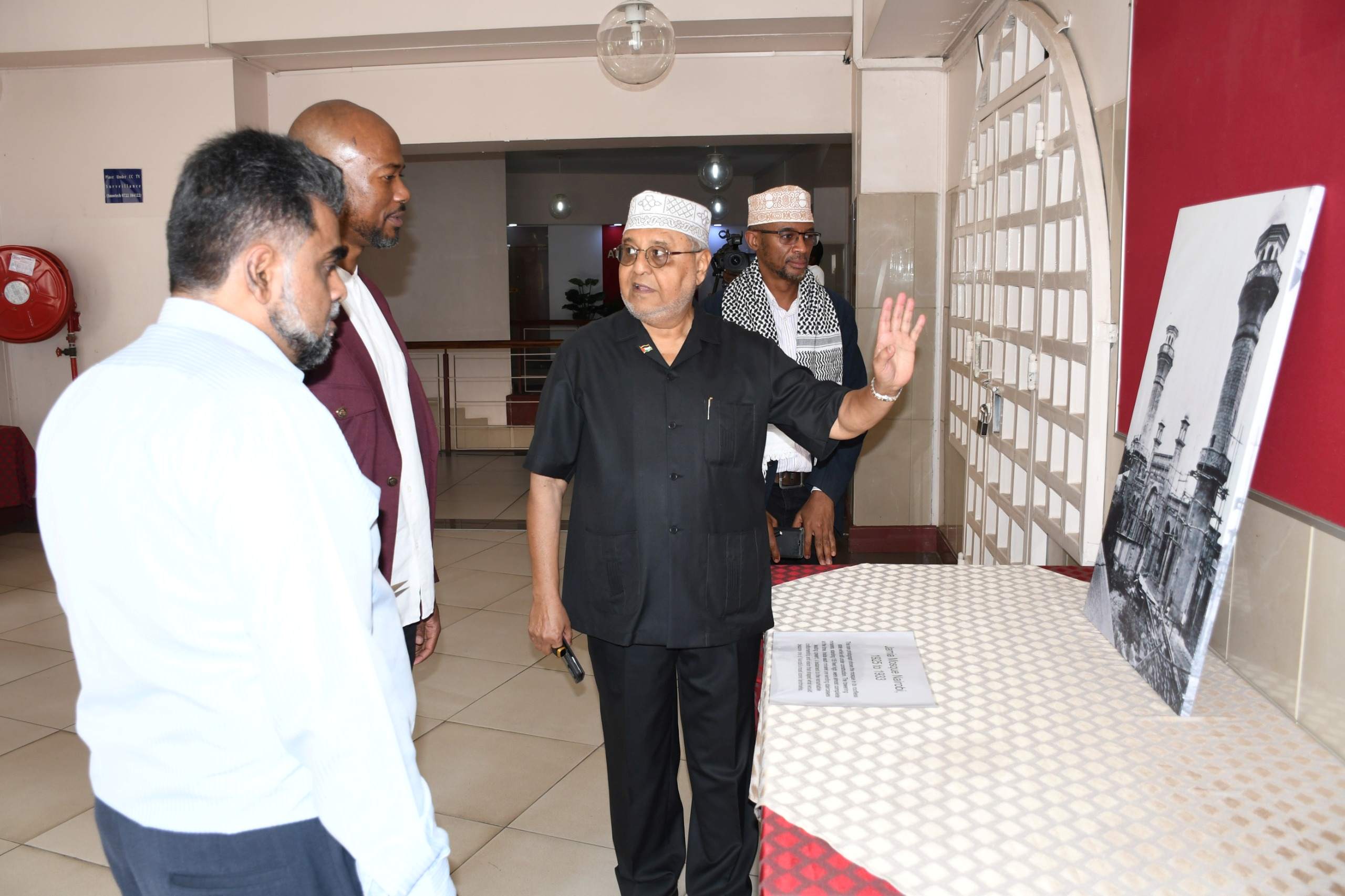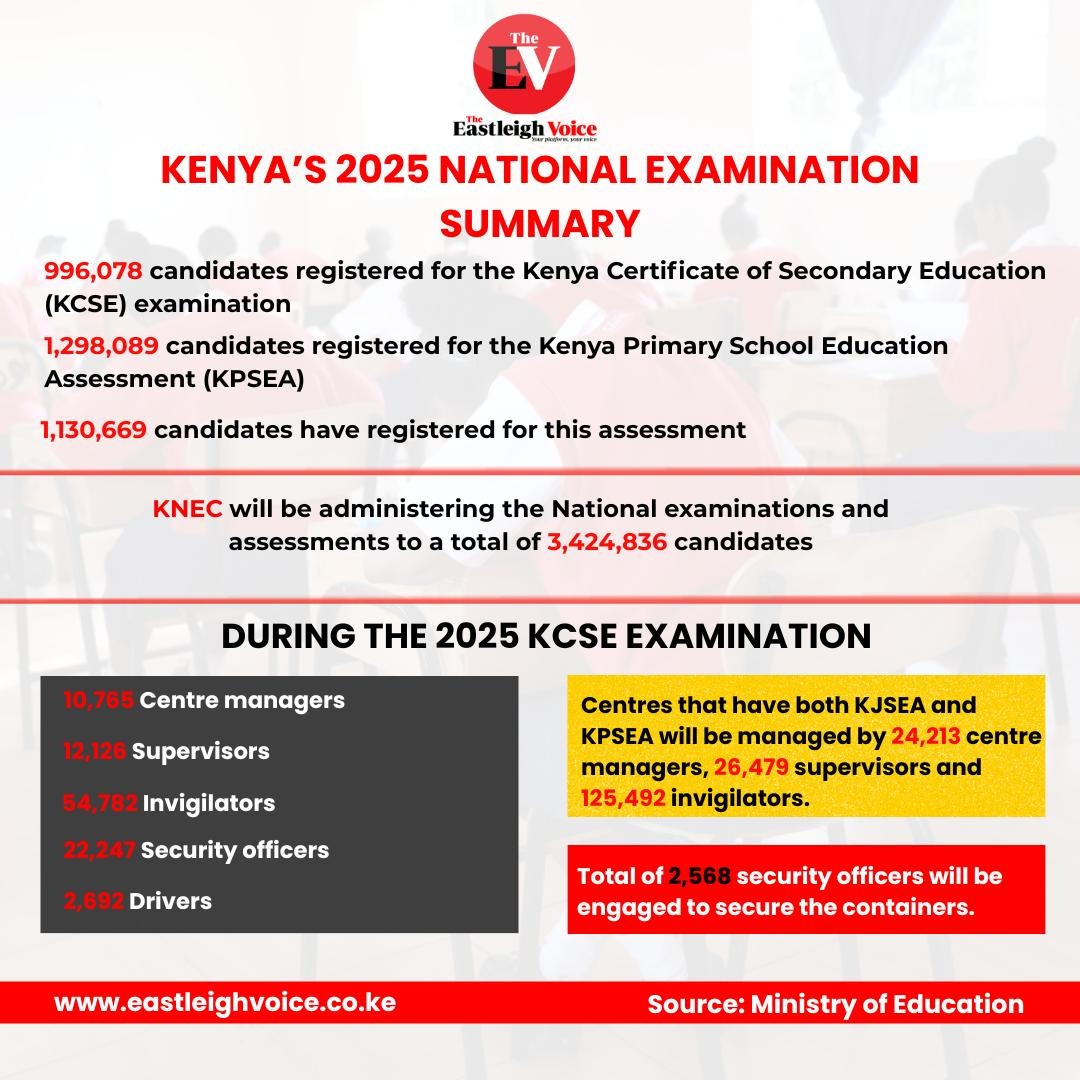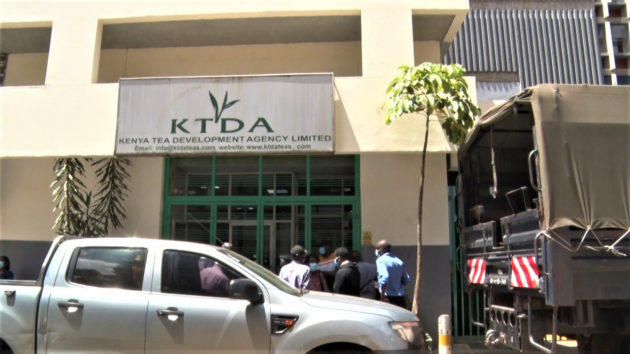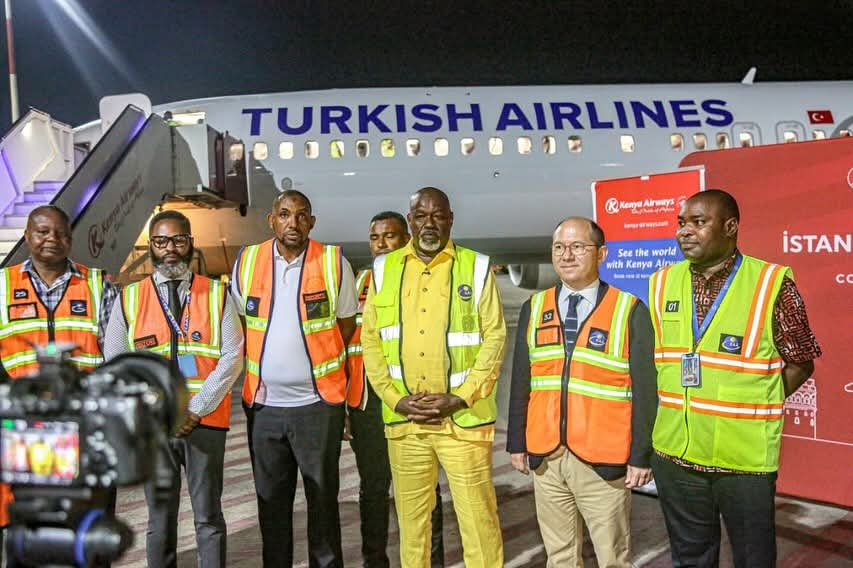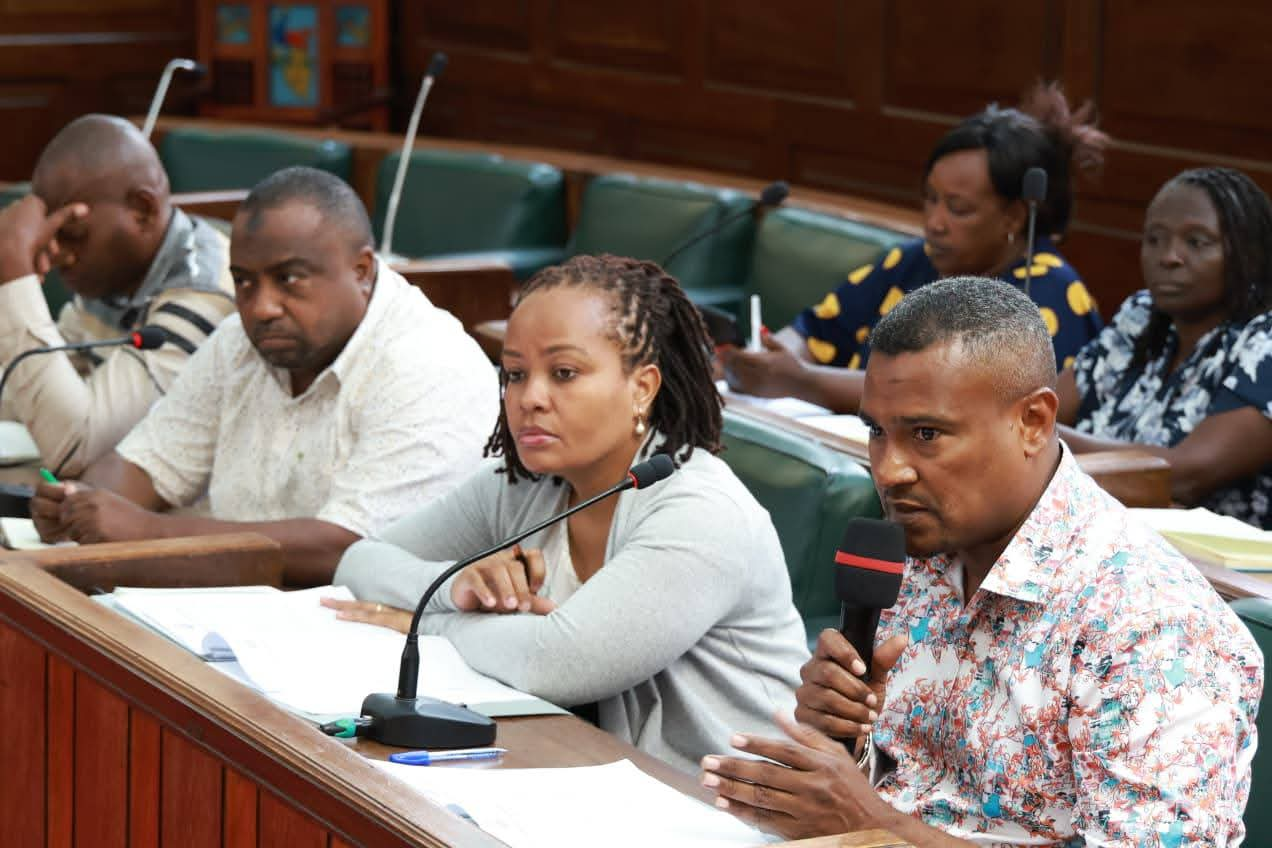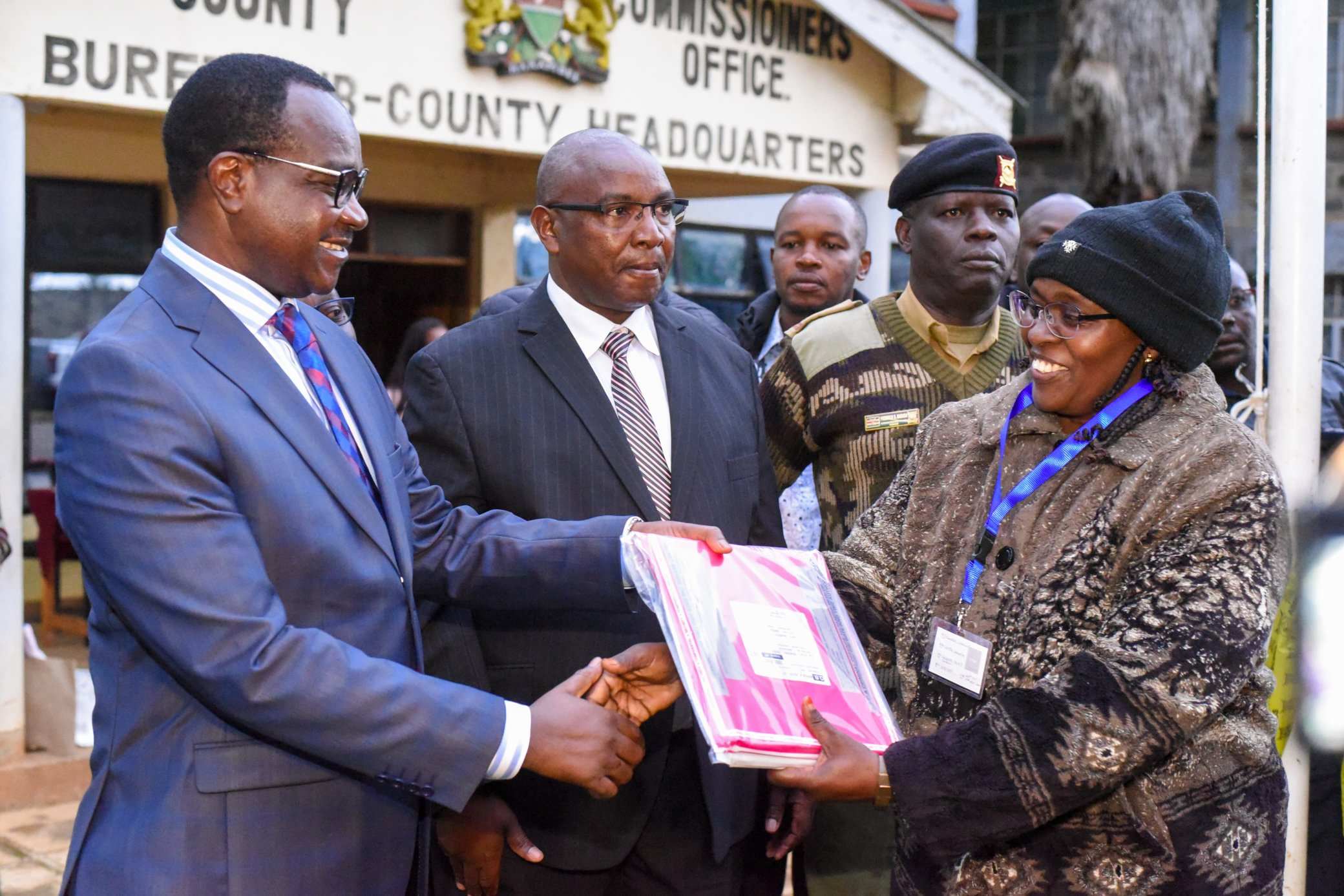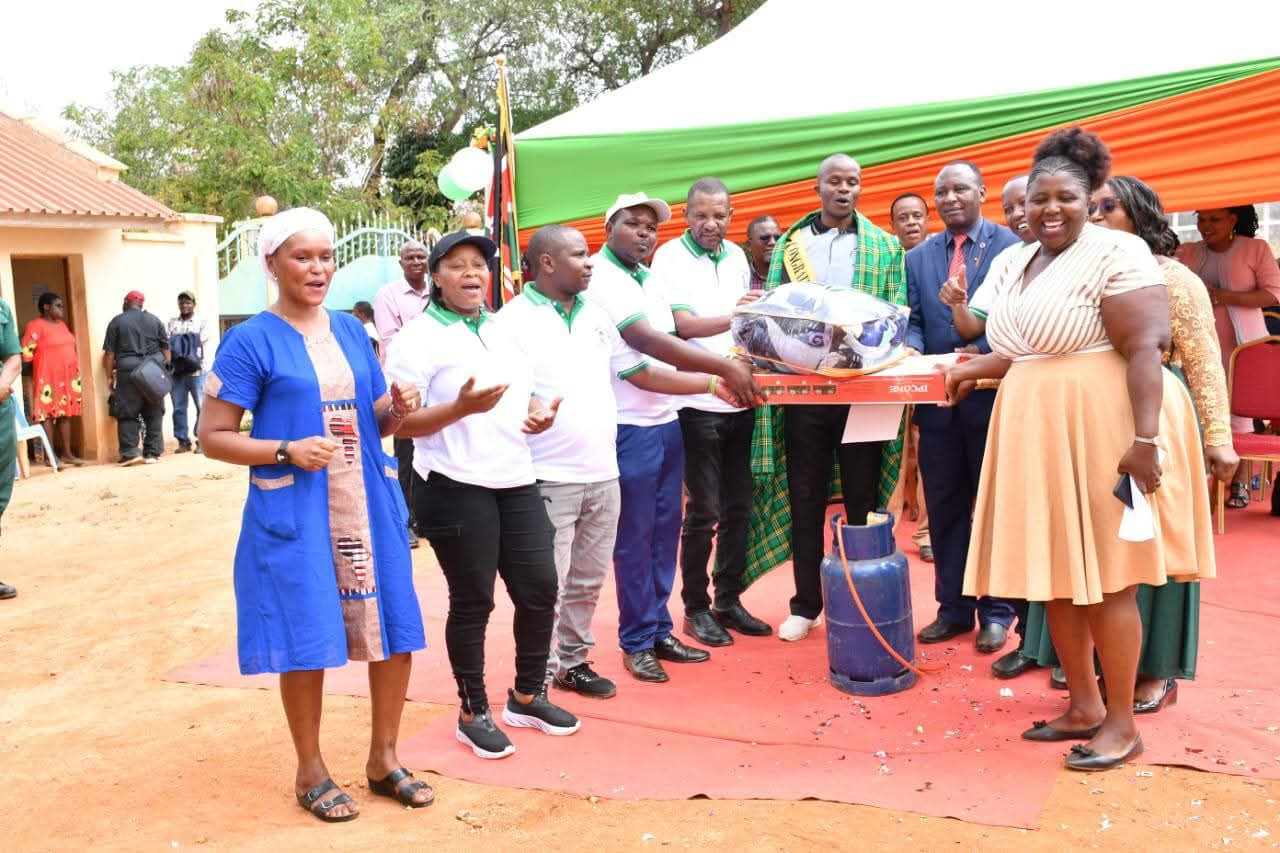State seeks Sh50 billion by June next year through PPPs for projects amid funding crunch

Treasury CS Mbadi revealed that the ministry intends to facilitate at least five PPPs in the current financial year, despite ongoing controversy surrounding some agreements, notably with Indian conglomerate Adani Holdings.
National Treasury Cabinet Secretary John Mbadi has announced the government’s plan to raise Sh50 billion through public-private partnerships (PPPs) by June next year.
The move aims to fund key projects as the country faces a severe cash shortfall.
More To Read
- Motorists slam 30-year Chinese concession on Nairobi–Nakuru–Mau Summit highway
- Treasury reveals Sh30 billion paid to fund road projects across Kenya
- Kenya’s 2026/27 budget set at Sh4.65 trillion – Here’s what it means for you
- Treasury warns billions at risk as counties rely on third-party revenue systems
- Audit exposes civil servants’ mismanagement of millions in imprests across ministries
- Government’s increased revenue strategy faulted amid missed targets, public backlash
Mbadi revealed that the ministry intends to facilitate at least five PPPs in the current financial year, despite ongoing controversy surrounding some agreements, notably with Indian conglomerate Adani Holdings. Recently, the Kenya Energy Transmission Company signed a Sh95.68 billion deal with Adani, which involves constructing four electricity lines and two substations, with the firm managing them for the next 30 years.
However, the deal has faced backlash due to a lack of transparency and concerns over Adani’s involvement in plans to manage Jomo Kenyatta International Airport for the next three decades.
Mbadi outlined his performance targets for the year, focusing on fiscal discipline and accountability.
“We are committed to implementing public finance management reforms and strengthening procurement processes,” he said.
These efforts will include re-engineering the government’s end-to-end procurement system and digitising service delivery.
Under the broader financial mobilisation strategy, the Treasury also plans to raise Sh413.2 billion domestically and Sh355.5 billion from external markets.
The government aims to support micro, small and medium enterprises (MSMEs) through initiatives like promoting agribusiness and enhancing access to finance for smallholder farmers.
Mbadi stated that the Treasury would allocate Sh1.9 billion to the Kenya Development Corporation, targeting MSMEs.
Performance contracts
Over the past three weeks, Cabinet and Principal Secretaries have been validating their performance contracts under the supervision of Deputy Chief of Staff Eliud Owalo and Secretary to the Cabinet Mercy Wanjau.
Owalo emphasised the importance of aligning ministries and state departments' priorities with government policy frameworks through performance contracting.
"This exercise ensures ministries focus on key areas that align with strategic plans and government policies,” he said.
Successes in the past year include accelerated economic growth and improved lending to MSMEs and PPPs, according to the Treasury.
"The economy grew by 5.6 per cent in 2023, up from 4.9 per cent in 2022, demonstrating resilience," Mbadi noted.
Energy and Petroleum Cabinet Secretary Opiyo Wandayi also committed to fast-tracking the completion of energy projects and reviewing the institutional framework for the sector’s development.
“We aim to enhance clean energy generation and increase customer connections for universal access to electricity," Wandayi said.
The ministry targets to distribute 60,000 6-kg gas cylinders to households by June 2025. Wandayi further highlighted that power generation had grown by 5.44 per cent from 3,076 Megawatts in 2022 to 3,243 Megawatts in 2024, while power transmission lines had expanded from 7,846 kilometres in 2022 to nearly 10,000 this year.
Meanwhile, ICT Cabinet Secretary Margaret Ndung'u pledged to create 10,000 digital jobs by the end of the financial year and train 200,000 youth in digital work.
"We are committed to establishing 100 digital hubs through Kenya Technopolis and another 100 in partnership with the National Assembly,” she said, adding that her ministry aims to digitise and automate 80 per cent of government services to improve data inclusivity.
The Ministry of Gender has also outlined its plans to tackle gender-based violence (GBV) by instituting policy, legal, and institutional measures in collaboration with counties. The ministry intends to preserve the nation’s creative arts, culture, and heritage while supporting 400 youth in music production and digitising 55,000 archival records.
The commitments form part of the government's broader strategy to address pressing national issues and ensure continued progress across various sectors.
Top Stories Today


